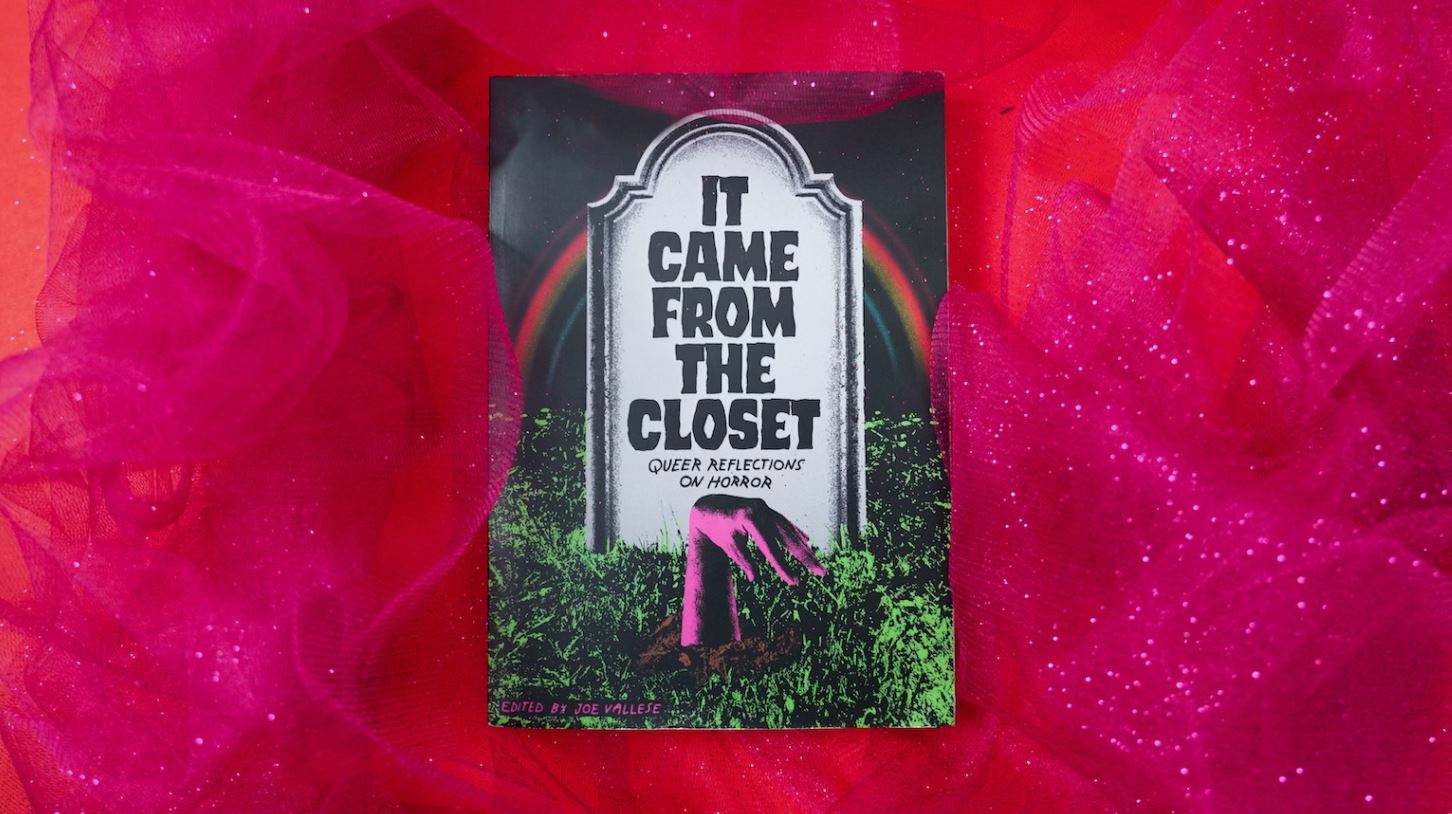If you delve into literary history, you will find that queerness has always been intrinsically related to the horror genre. Our guest author has 6 queer horror books for you this pride month.
6 Queer Horror Books: Queerness and horror fiction have been intertwined for ages and can be traced back to the gothic novels of the early 1800s. Some of the more notable queer horror books, like Carmilla (1872) and The Picture of Dorian Grey (1890), were published in the late-19th century.
Over the years, as the horror genre has undergone countless changes, it has found newer ways to incorporate queer themes and characters – from sapphic dark academia to body horror. So, this pride month, if you are in the mood for a good scare, we have quite a few picks for you!
- 1. Plain Bad Heroines by Emily M Danforth
- 2. Tell Me I’m Worthless by Alison Rumfitt
- 3. Manhunt by Gretchen Felker-Martin
- 4. Things Have Gotten Worse Since We Last Spoke by Eric LaRocca
- 5. Our Wives Under the Sea by Julia Armfield
- 6. It Came from the Closet: Queen Reflections on Horror edited by John Vallese
1. Plain Bad Heroines by Emily M Danforth
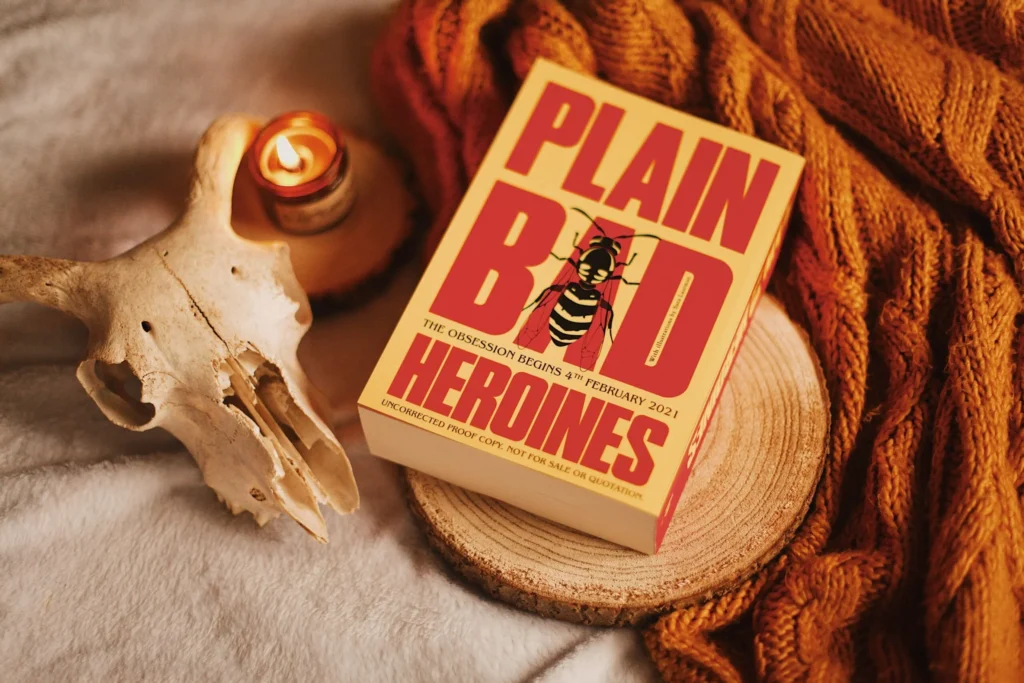
Published in 2020, this 640-page novel is part dark academia and part gothic haunted house story. It concerns two timelines. 1902. Clara and Flor, lovers and students of the Brookhants School for Girls, are obsessed with Mary MacLane’s scandalous memoir. A few months later, their bodies are discovered in the woods near the school, victims of a deadly wasp attack. A copy of the memoir is found lying next to them. Three deaths and five years down the line, the school is closed. A century later, Brookhants opens its doors to the cast and crew of a film being shot on the 1902 murders. Soon, past and present intersect, and it becomes increasingly difficult to discover whether the curse on the school is lifted.
It doesn’t take an expert to figure out that Danforth is a horror buff. She weaves a delectable mystery with a genuinely creepy atmosphere. So, if you are in the mood for a murderous sapphic tale that you can really take your time immersing into, this book is well worth your time! Bonus points for its gorgeous cover design and diagrams.
2. Tell Me I’m Worthless by Alison Rumfitt
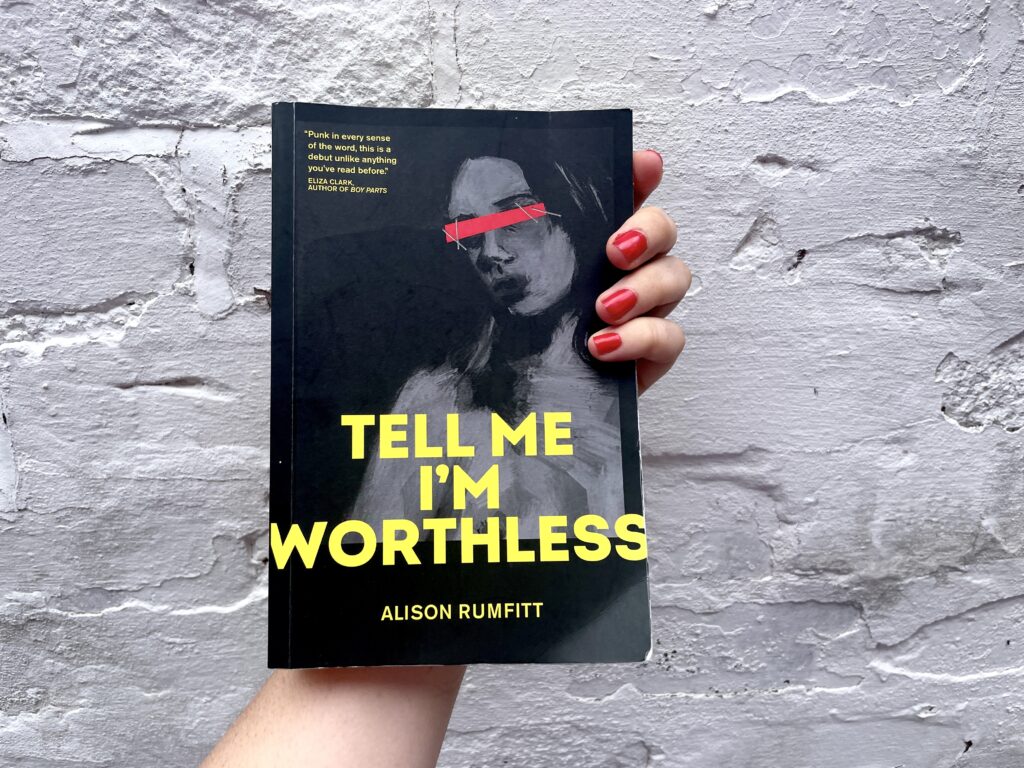
Three years ago, Alice, Ila, and Hannah spent a night at Albion, an abandoned house. Only Alice and Ila made it out alive, and they remain haunted by the memories of that night. Much like The Haunting of The Hill House or The Shining, the house in this book is a living, breathing character. Albion is much more than just a haunted house; it is a symbolic manifestation of the nation.
A disturbing, powerful tale with the underlying themes of fascism, sexual violence, and the lived realities of trans people in the UK, Rumfitt’s debut novel is not for everyone. But if you are looking for a dark horror novel characterised by dry humour and socio-political commentary, we have found you the perfect match!
3. Manhunt by Gretchen Felker-Martin
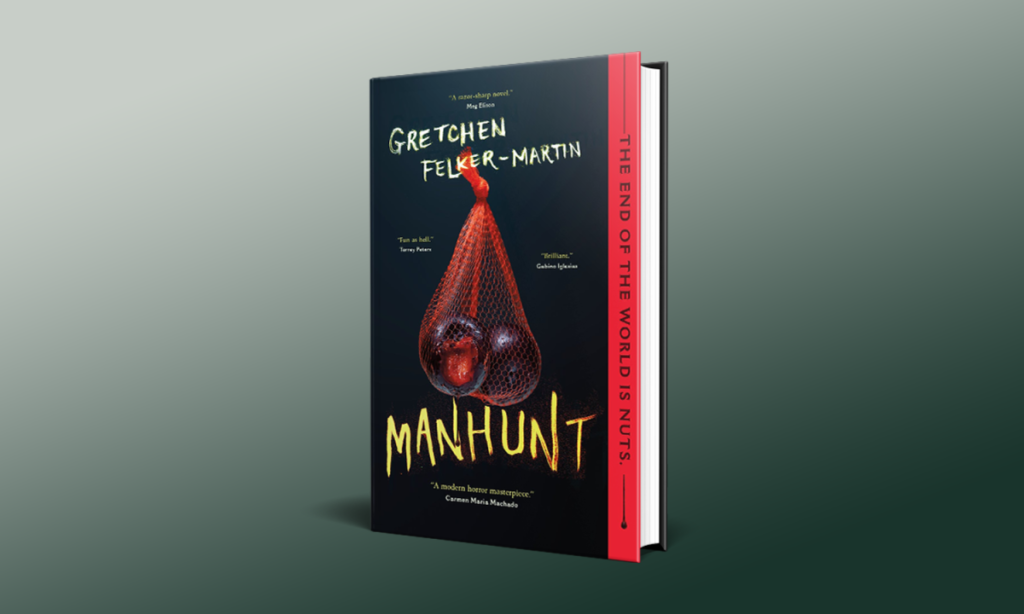
In their debut novel, Felker-Martin conceives a post-apocalyptic world hit by a deadly virus that turns people with excessive testosterone into cannibals. The only people left alive are cis women, trans people, and non-binary people. Plus, a radicalised group of trans-exclusive activists are hunting trans people down just as fast as the virus.
If body horror is your cup of tea, pick this book up right away! Narrated from a trans-perspective, this novel is in equal parts gory and thought-provoking. It will make you sick to your stomach while questioning everything you knew about (gendered) bodies and trauma. Felker-Martin, a trans woman, draws upon her personal experiences to reimagine what transgressive fiction can look like, and we cannot wait to see what she’s up to next!
4. Things Have Gotten Worse Since We Last Spoke by Eric LaRocca
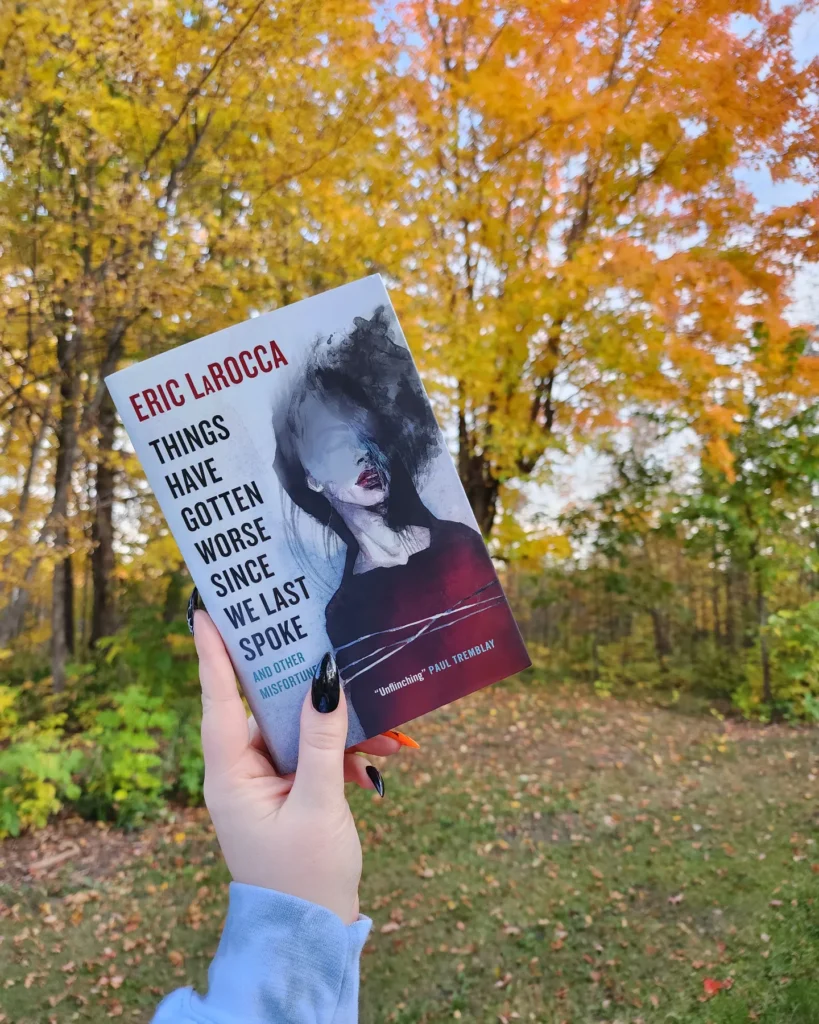
A nightmarish take on online queer exchanges-turned relationships, LaRocca’s standout novella is a quick yet disturbing read. What starts as an online posting for an apple peeler soon turns into a tale of sadomasochism and obsession. Written entirely as emails, online threads, and chats, the fast-paced book begs to be devoured in one sitting. We urge you to dive into this story without looking up the synopsis or checking any further details so as not to spoil the nerve-wracking ride that awaits you!
In case you have already read this, you can check out other novellas and short story collections from LaRocca, such as You’ve Lost a Lot of Blood and We Can Never Leave This Place – as they often feature themes surrounding queerness.
Also Read: New Trinity in Horror Cinema – Films of Jordan Peele, Robert Eggers, and Ari Aster Ranked
5. Our Wives Under the Sea by Julia Armfield
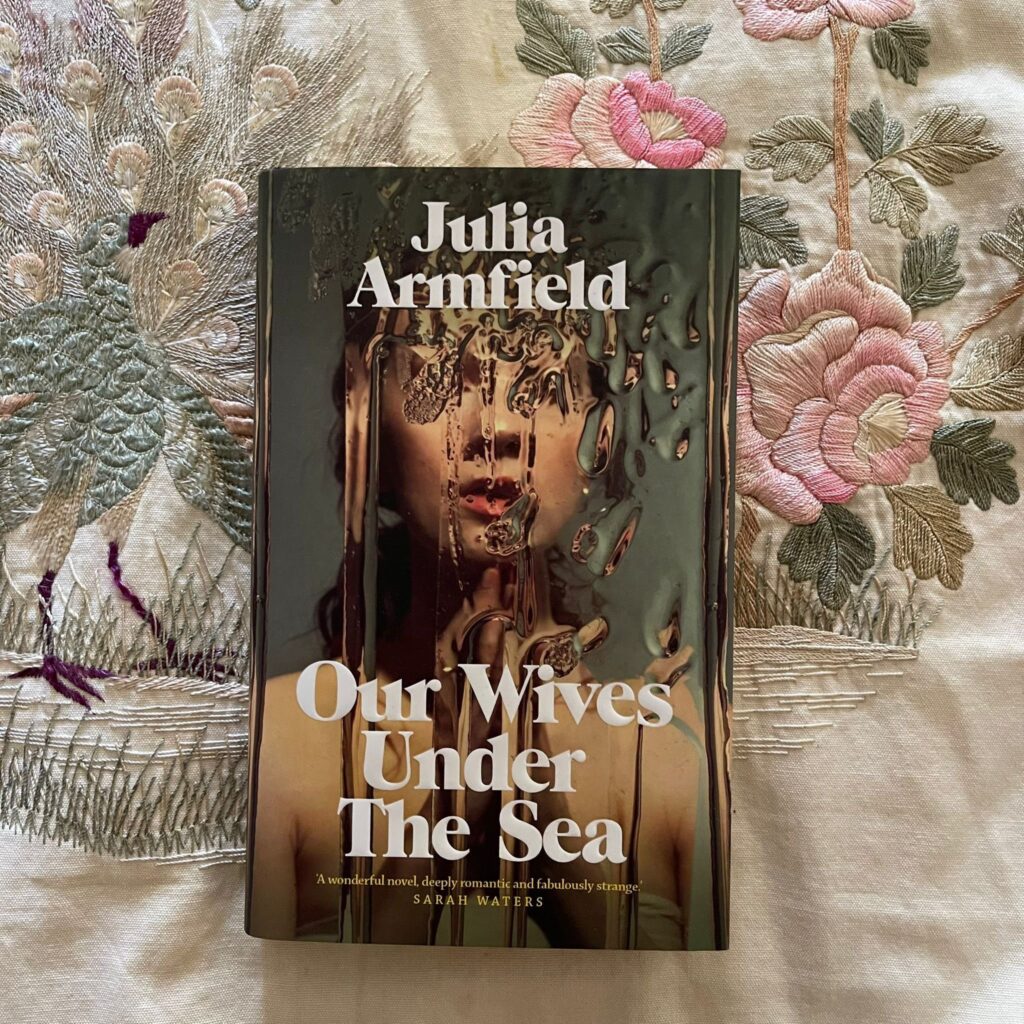
Julia Armfield’s 2022 release is another debut novel on our list (by the way, we are absolutely thrilled by such diverse new voices in horror). It revolves around one simple question – what happens to a marriage when one spouse is no longer the person you married?
Leah and Miri lead a comfortable married life. That’s until Leah, a marine scientist, has to leave on a three-week deep-sea expedition. When she’s back, Miri can’t help but feel that something is not quite right. The story is told in two alternating voices: Leah’s journal that she maintained during her expedition and Miri’s account after her wife – who she presumed was lost – returns.
Armfield’s book conforms to horror tropes. At the same time, it is also a love story and a story about grief and transformation. In the mood for all of that, plus lyrical prose? This one’s for you!
6. It Came from the Closet: Queen Reflections on Horror edited by John Vallese
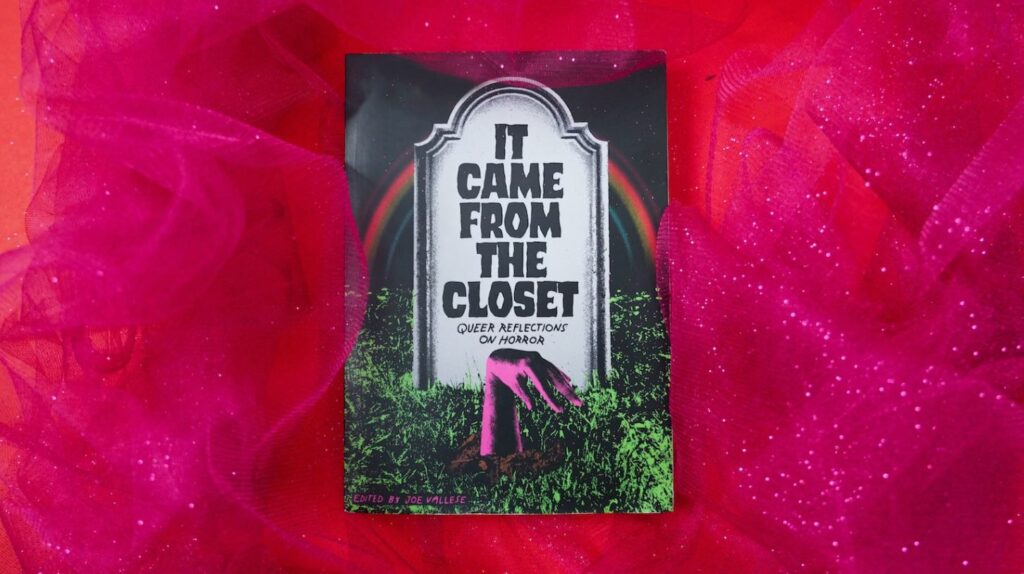
We are rounding this list off with a non-fiction pick. It Comes from the Closet is a collection of 25 essays chronicling queer themes in classic and contemporary horror films, ranging from Jaws and Halloween to Get Out and Hereditary.
The essays are divided into five sections – An Excellent Day for an Exorcism, Monster Mash, Fatal Attractions, Whatever You Do, Don’t Fall Asleep, and Final Cuts. Our personal favorites include Carmen Maria Machado’s essay on experiencing parallel sexualities in Jennifer’s Body and Steffan Triplett’s take on multiple senses of self, drawing on the concept of ‘doubles’ in Us.
The essays are not academic or jargon-heavy. They are personal anecdotes mixed with film criticism and commentary, making for a fairly light – yet interesting – read if you love horror films. Even if you don’t, it will help you find some excellent movie recommendations!
Related to Pride Month: Celebrating Pride Month: 10 LGBTQ+ Fiction Classics You Need to Read

